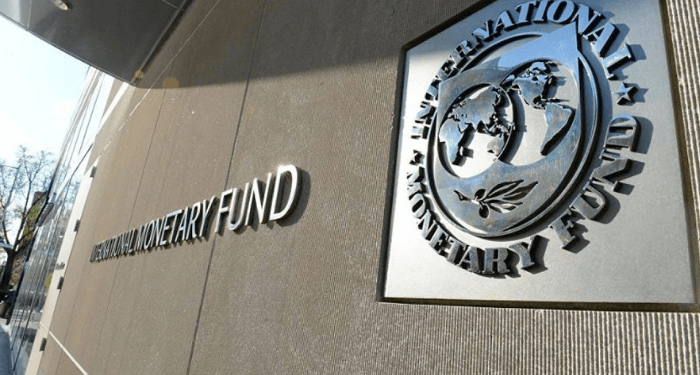IMF, Papua New Guinea Reach Staff-level Agreement for $219m Disbursement
An International Monetary Fund (IMF) team led by Nir Klein, Mission Chief for Papua New Guinea (PNG), has reached a staff-level agreement with the country’s authorities on policies to complete the fifth reviews of the Extended Credit Facility (ECF) and Extended Fund Facility (EFF), and the second review of the Resilience and Sustainability Facility (RSF).
The agreement, reached after a mission visit to Port Moresby from September 25 to October 8, 2025, paves the way for the IMF Executive Board’s consideration of the reviews, which, once approved, will unlock disbursements totaling SDR160.55 million (approximately US$219 million). This comprises SDR121.07 million (US$165 million) under the ECF-EFF and SDR39.48 million (US$54 million) under the RSF, bringing total IMF disbursements under the current arrangements to SDR622.48 million (about US$853 million).
Mr. Klein noted that PNG’s economic outlook remains positive, with growth projected to accelerate to 4.5% in 2025, up from 3.8% in 2024, driven by increased gold production at the Porgera mine, improved foreign exchange (FX) access, and strong agricultural output. Inflation is expected to rebound to 3.8% in 2025, while international reserves—at US$3.6 billion as of end-July 2025, equivalent to five months of import cover—remain adequate.
According to the IMF, program performance has been satisfactory, with nearly all quantitative targets met and significant progress achieved on structural benchmarks. Reforms under the RSF have yielded tangible results, including reduced fiscal deficits, improved FX availability, an operational anti-corruption framework, and better data access for climate risk management.
The government continues to pursue an ambitious fiscal consolidation path under its 13-year budget repair plan, aiming to reduce the fiscal deficit by at least 0.6 percentage point of GDP in 2025, after a 1.1 percentage point reduction in 2024, with a goal of achieving a balanced budget by 2027.
On monetary policy, the Bank of Papua New Guinea (BPNG) has advanced efforts to alleviate FX shortages and modernize policy operations. The Central Bank’s recent increase in the Kina Facility Rate aligns with its exchange rate policy, while a reduction in the Cash Reserve Requirement aims to ease liquidity pressures.
Mr. Klein further commended progress made by the Independent Commission Against Corruption (ICAC) and ongoing reforms in anti-money laundering, disaster risk management, and climate-related policy integration, all supported under the RSF arrangement.
“The IMF will continue to work closely with the authorities through financing, policy advice, and capacity development,” Mr. Klein affirmed.








